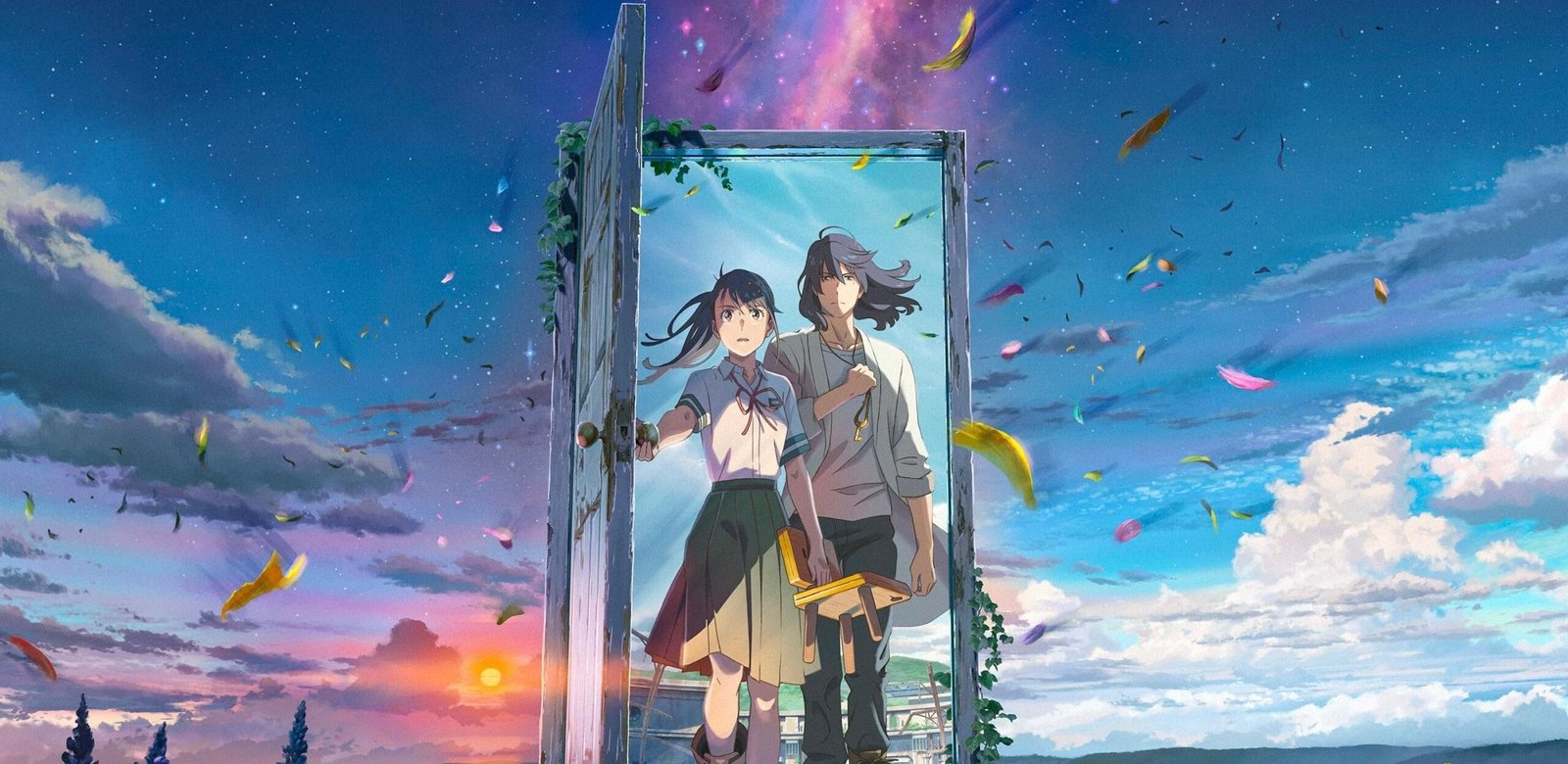Attention all anime fans in India! Do you have a burning passion for everything Japanese, from donning cosplay to devouring manga (A style of Japanese comic books and graphic novels that are typically aimed at both adults and children)? Well, get ready to burn that flame even brighter with the highly anticipated Japanese animated film, Suzume, finally arriving on Indian screens on April 21st, 2023. The excitement is palpable!
But first take some time to channel your inner anime warrior! Consider Duolingo as your very own Sensei (Japanese for a teacher/mentor), helping you take your first steps towards immersing yourself in the world of Suzume. This fun and free language learning app brings to you a list of ten crucial words that are not only essential for everyday conversation but also for anime-related discussions in Japanese. Each Japanese word is accompanied by its English translation, meaning and pronunciation guide. So, what are you waiting for? Redi, Sutegi, Go! (Ready, Steady Go!):
- In a Japanese movie, when the wise sensei points to a young boy and says, “That shounen (shoh-nuhn) has the heart of a warrior,” you know he’s destined for greatness. “Shounen” means “young boy”, but it represents a spirit of determination and courage that transcends age.
- A shoujo represents the epitome of cuteness- from frilly dresses and cute accessories to sugary sweet mannerisms, in Japanese culture. “Shoujo” (shoh-joh) translates to ”a young girl”, but don’t be fooled by her innocent exterior – the shoujo is a force to be reckoned with!
- Being an “otaku” (oh-ta-koo) in Japan is not just a hobby, it’s a way of life! “Otaku” is used for a person obsessed with or highly invested in a particular hobby and has deep knowledge about it. It is somewhat equivalent to “nerd” or “geek” in English.
- In Japanese culture, calling someone “baka” (ba-kuh) is like saying “you’re a silly goose” in English. However, in some anime, the word can be used as a playful insult between friends.
- The word “senpai” (sehn-pie), in simple terms, means “a senior.” In anime, the protagonist is often mentored by a senpai, like Naruto and Jiraiya or Hinata and Kurenai from the famous anime series Naruto
- Just like how sushi is an essential part of Japanese cuisine, expressing gratitude through words like “Arigatou” (ah-ree-gah-toh) or “Arigatou gozaimasu (formal)” (ah-ree-gah-toh goh-zah-ee-mahs) is an essential part of Japanese culture, even in anime.
- Like a recurring catchphrase in an anime, the word “Daijoubu desu ka” (die-joh-boo dess kah) often appears whenever a character is in trouble, and someone else asks if they are alright. The word “Daijoubu” is a magic word that can calm any situation and assure everyone thateverything is going to be just fine.
- If you ever make a friend in Japan, just remember to call them “tomodachi” (toh-moh-dah-chee) – the word that means a friend for life!
- “Yamero”(yam-ero) is a powerful word that can stop anyone in their tracks. It’s like when Goku from the anime series “Dragon Ball Z” yells “Yamero!” at his enemy Frieza to try and stop him from attacking his friends.
- When your favorite anime character says “ureshii”(ure-shee) it means they’re overjoyed! It’s the perfect word to express happiness in Japanese.
While this is a good start to your Japanese learning journey, there’s a whole world of language and culture waiting to be explored! So why not join the ranks of language learners worldwide and master Japanese with Duolingo as your sensei? And for entertainment, clear your schedule and prepare for a cinematic adventure like no other with Suzume, best watched on big screens.

